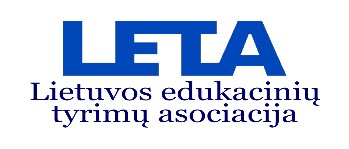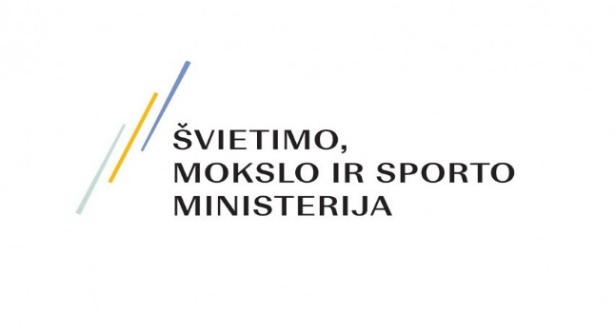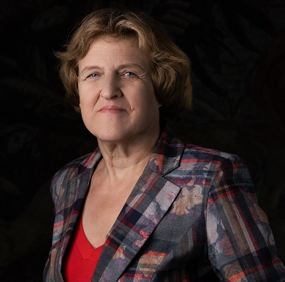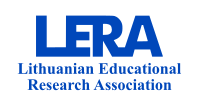

We are kindly invite representatives of educational sciences, researchers, PhD students, general education school administrators and community representatives, education policy makers, and all those who are interested in education policy, changes in general education and education research.

© Photographer E. Kurauskas
Key – note speaker prof. dr. Valentina Dagienė
Prof. Dr. Valentina Dagienė is a Chief Researcher at the Faculties of Philosophy, Mathematics and Informatics of Vilnius University, Head of the Educational Systems Group at the Institute for Data Science and Digital Technologies. She is a researcher in the field of computer science, computer engineering and educational sciences, has trained 16 PhD students, organises research, expert and practical educational activities, actively participates in the development and updating of the general education curricula of computer science and information technologies. She has published more than 300 scientific articles on informatics education, over 60 educational books and textbooks, several dictionaries and monographs on computing.
V. Dagienė founded and manages two international journals, Informatics in Education (since 2002) and Olympiads in Informatics (since 2007), both of which are included in Scopus, and since 2016 Informatics in Education has been included in the Web of Science Emergence list. She is co-editor of various international scientific publications. V. Dagienė has designed and implemented a model for the development of computational thinking – the computer science challenge “Beaver”, which is used in more than 70 countries: research is conducted, data is collected, and several hundred scientific publications are published (https://www.bebras.org/publications.html). In 2015, Beaver was voted the best educational model by the international organisation Informatics-Europe. V. Dagienė has coordinated and implemented more than 50 international and national projects, and organised more than two dozen international conferences. She is one of the initiators of the National Olympiads for Computer Science. For many years she worked in the International Coordinating Committee of the Computer Science Olympiads. In 2022, she was awarded the Outstanding Contribution Award for her contribution to the International Computer Science Olympiads. Professor Dagienė’s work has been recognised by Lithuanian State and international awards – in 2016, she was awarded the Knight’s Cross of the Order of the Grand Duke Gediminas of Lithuania and the European Commission’s Ada Lavleis Diploma of Excellence in Informatics for her services to informatics science. This year she was awarded the REX Cup of the M. K. Čiurlionis Foundation.
| Date | 24 th of November, 2022 |
| Time | 3.00-5.00 p.m. |
| Connecting links |
https://zoom.us/j/6289736970 ( live broadcast) |
| Moderators | doc.dr. Berita Simonaitienė, Associate Professor, Faculty of Social Sciences, Humanities and Arts, Kaunas University of Technology dr. Vaino Brazdeikis, Director of the Educational Content Department of the National Education Agency |
| Forum Programme | |
| Key- note | Theme “Informative Thinking on the Road to Digital Transformation: How not to Get Lost?” prof. dr. Valentina Dagienė, chief researcher at Vilnius University’s faculties of Philosophy, Mathematics and Informatics |
| Discussion |
Participants of the discussion: Prof. Indrė Šuolienė, Head of the project “Digital Transformation of Education (“EdTech”)” |
| Conclusion | prof. dr. Liudmila Rupšienė, President of the Lithuanian Educational Research Association prof. dr. Loreta Žadeikaitė, Chief Advisor of the Department of Studies, Science and Technology of the Ministry of Education, Science and Sport. |
| Contact information: | e-mail: [email protected], tel. 8 686 39 529; e-mail: [email protected], tel. 8 686 21 364 |
During the Forum, videos and photographs will be taken and digital information will be uploaded to the LERA website.
